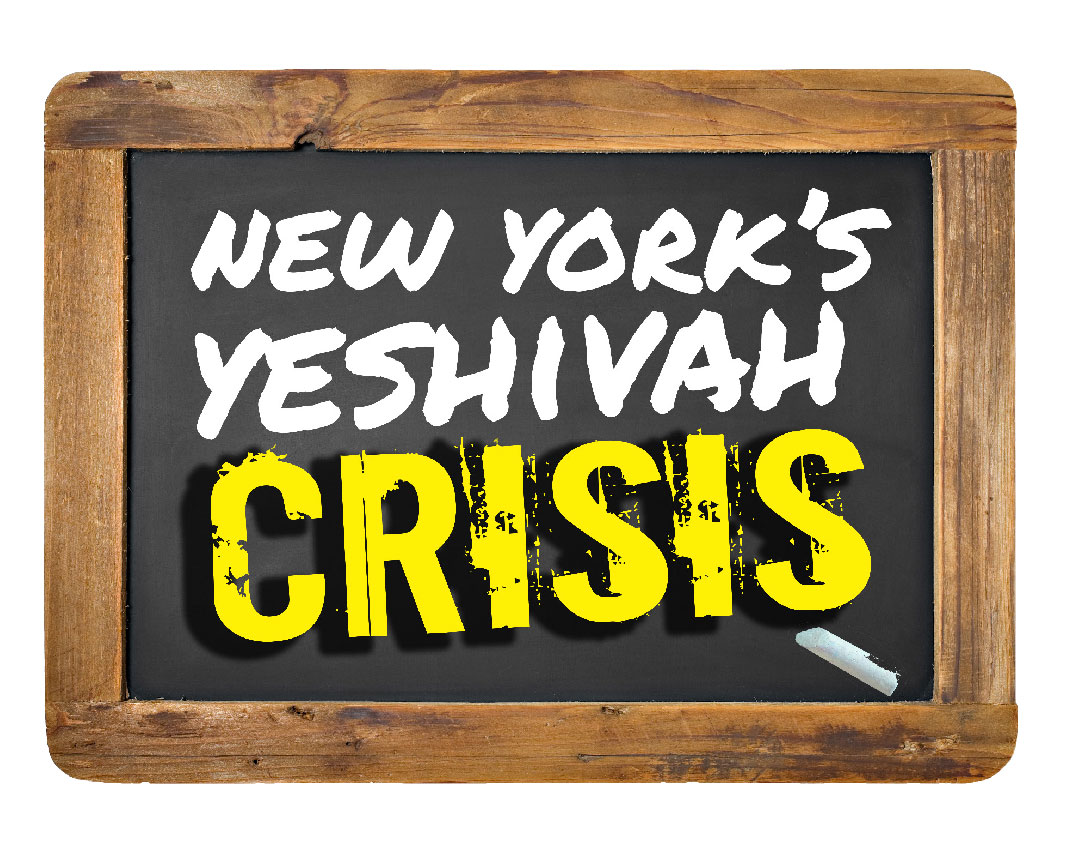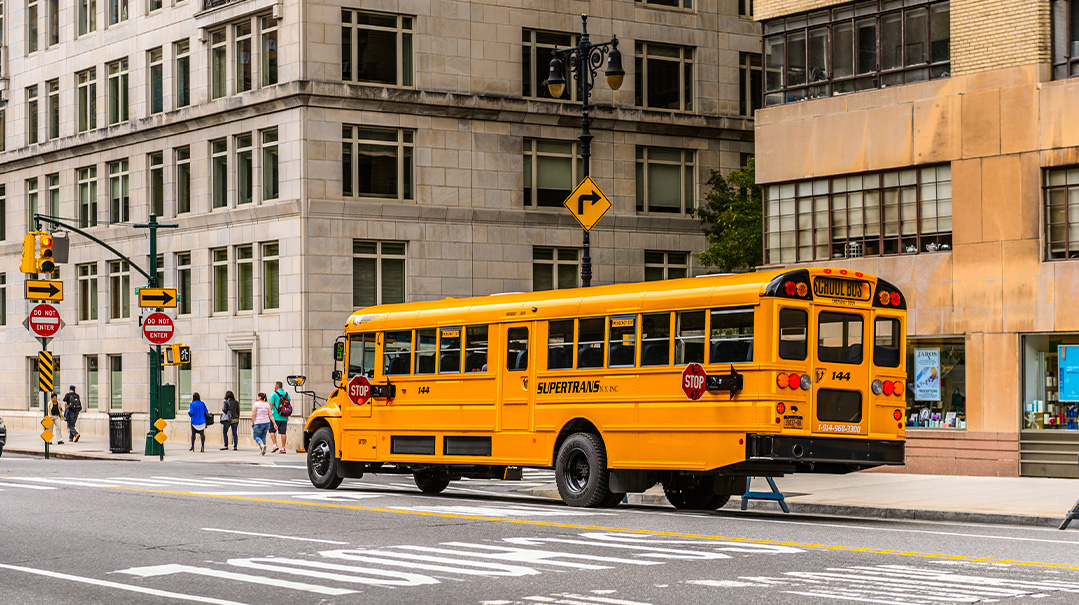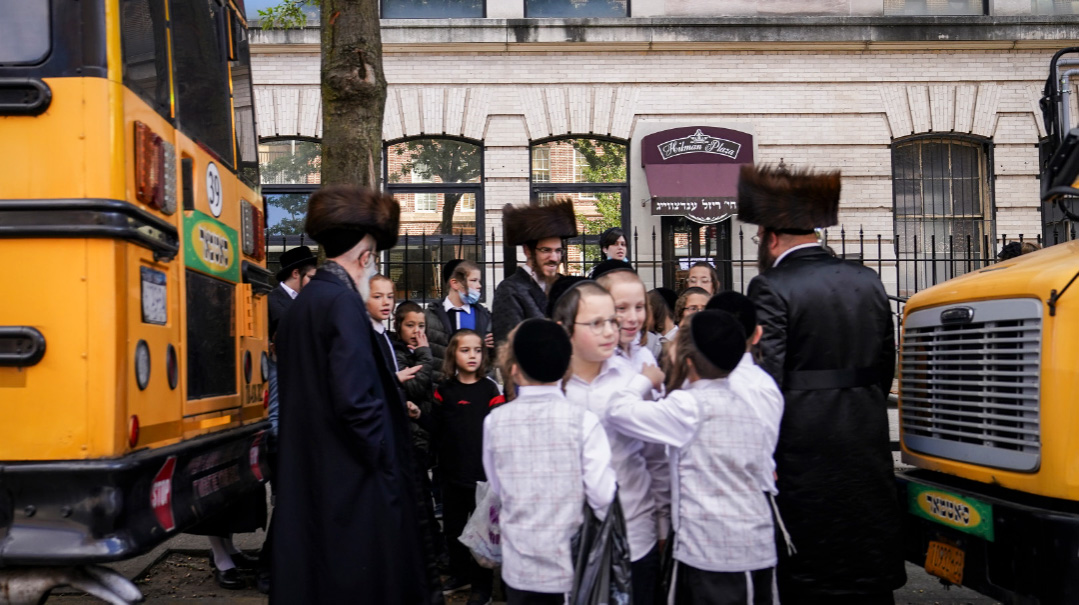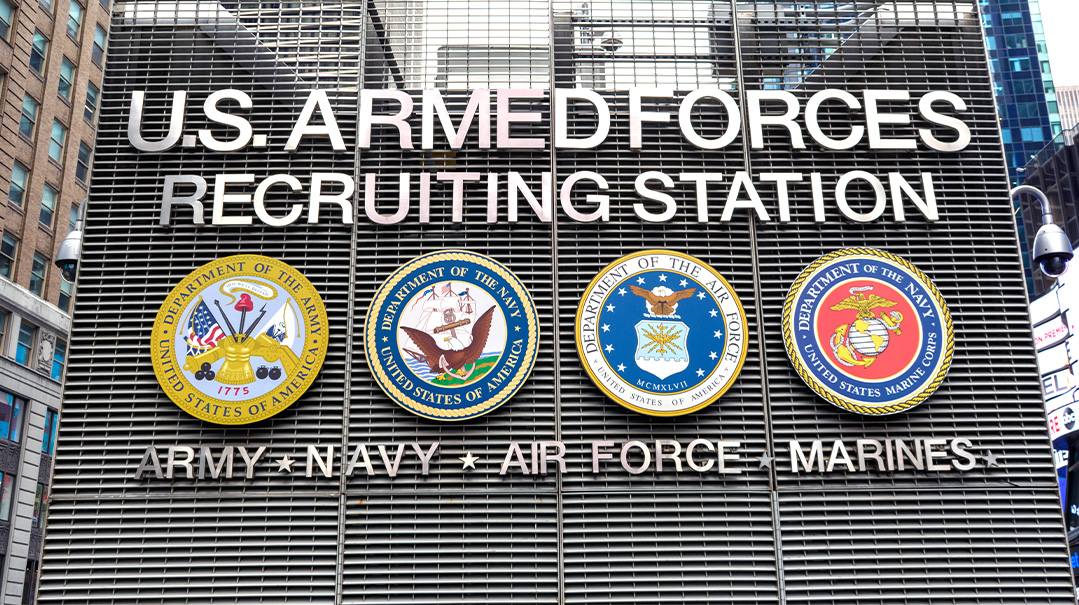New York Tries Again to Corral Yeshivos


T
The battle for the soul of New York state’s yeshivos took a sharp turn mere hours before this past Shabbos — but the education department attempted to bury the story in a weekend news dump.
Two days after one court deadline passed, and two days before a high-profile meeting, the New York State Education Department (NYSED) announced abruptly that it will again try to ram through onerous rules governing what yeshivos and other private schools must do to be considered “substantially equivalent” to public schools, a constitutional requisite.
The requirements are so sweeping in nature that not a single yeshivah — from the most chassidish in Williamsburg to the most modern in Manhattan — would be able to abide without radically changing schedules and curriculum.
As with the state’s first attempt to impose the new regime eight months ago, some of the compulsory parts most threatening to the Torah world are the obligation to teach nearly four and a half hours a day of secular studies and the need to inform students of their “right” to pursue alternative lifestyles.
There are some tweaks, but the main difference is that now NYSED is calling the requirements “regulations,” while previously they were referred to as “guidance.”
The linguistic variance is significant. Guidance conveys a benevolent governance, the state swooping in to advise yeshivos how best to proceed without running afoul of existing law. Indeed, that is how MaryEllen Elia, the education commissioner, tried to portray it. The department claimed that the law enshrining their right to oversee non-public school education has been on the books for well over a century and she was merely adding some enlightenment.
A State Supreme Court judge, however, struck down the state’s argument in April, ruling that the invasiveness and bureaucratic burden the rules impose on schools are such that NYSED must reintroduce them as regulations, not mere guidance.
Promulgating a regulation is much more complex than “offering guidance.” NYSED must prepare detailed reports on how the rule will impact the targeted parties — in this case, the 400,000-strong private school community in the state. It must explain why the rule is necessary and allow the public time to comment on it, usually a minimum of 60 days.
NYSED had until last Wednesday to appeal the judge’s verdict. It allowed the deadline to lapse, however, and filed the new regulations on Friday. The regulations, however, are little different from the guidelines they purport to replace.
“In essence,” said Rabbi Chaim Dovid Zwiebel, executive vice president of Agudath Israel of America, “if you loved the guidelines, you’ll love these regulations too.”
Rabbi Zwiebel said the extended public comment period gives advocates a brief period of time to make their last case for the non-public schools’ historic independence.
“In the meantime,” Rabbi Zwiebel said, “we have a short window of opportunity to try to persuade the government to modify these regulations in a way that will be more livable for our community.
“But if we’re not successful, then it would not surprise me if we find ourselves back in court.”
One person involved in the issue said the timing of the NYSED action took non-public school advocates by surprise, since the Board of Regents — the independent state body that oversees NYSED — was due to hold its monthly meeting on Monday. The department hurried through the release of the regulations on the weekend before.
NYSED said in a Friday press release that the proposed rules will be published in the State Register on July 3, and the public comment period will run through September 2. It is expected the final regulations will come before the Board of Regents shortly afterward.
In response to NYSED’s action last Friday, Agudath Israel of American took a measured approach. Following the bruising back-and-forth after the first go-round eight months ago, the Agudah’s statement reflected a “let’s take a step back” posture.
“Agudath Israel,” read the unsigned statement, “is supportive of improving the quality of education in yeshivos and all schools.... Agudath Israel looks forward to reviewing the draft NYSED Regulations, and toward working with NYSED and the Board of Regents to ensure that we improve education, while scrupulously respecting the autonomy and unique missions of diverse nonpublic schools statewide.”
Along with the yeshivos, whose student population is the largest among the state’s nonpublic schools at 156,000, Catholic and independent schools are also affected by the regulations. Each group filed separate lawsuits against NYSED the first time, their main arguments being that the agency has no authority over private and religious schools and that parents have a right to educate their children as they see fit.
Those lawsuits resulted in the judge’s canceling the guidelines, although he cited the technicality that the guidelines should have gone through the much more arduous life of a regulation. Now that the state is pursuing that path, time will tell if the schools will re-up their lawsuits.
(Originally featured in Mishpacha, Issue 763)
Oops! We could not locate your form.













